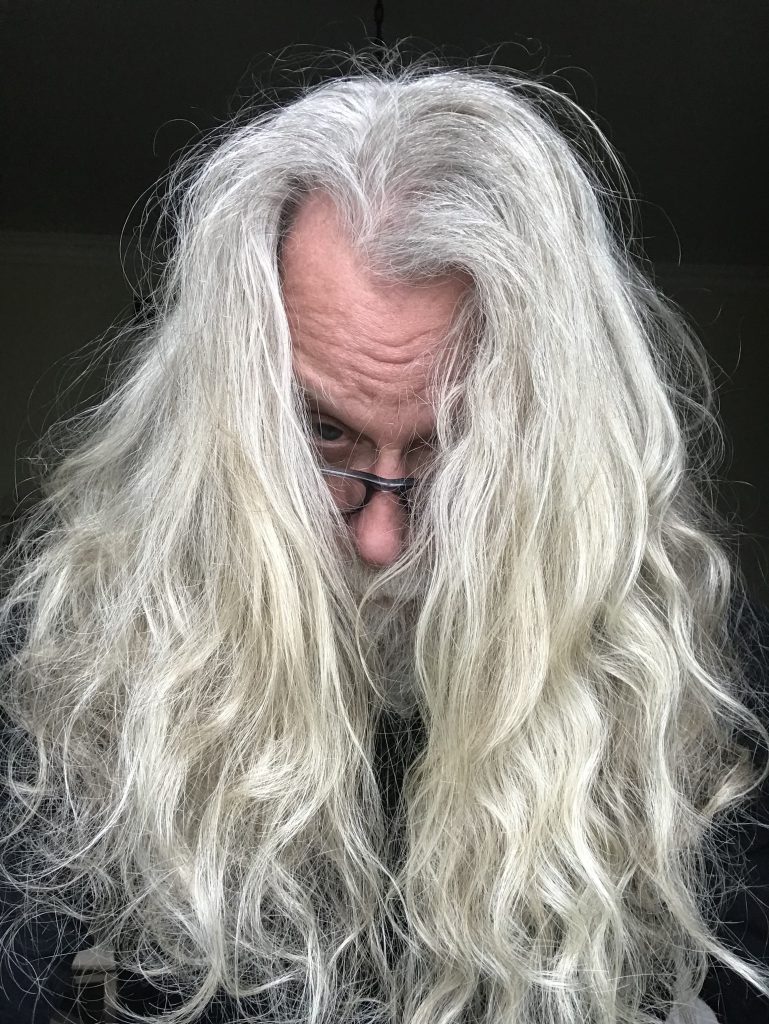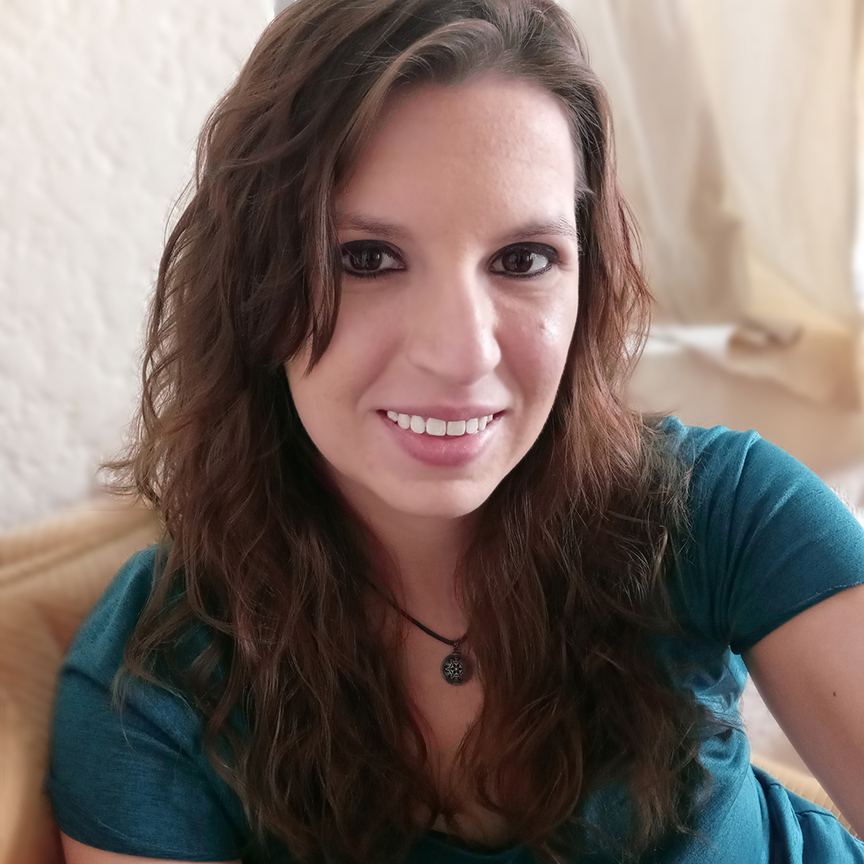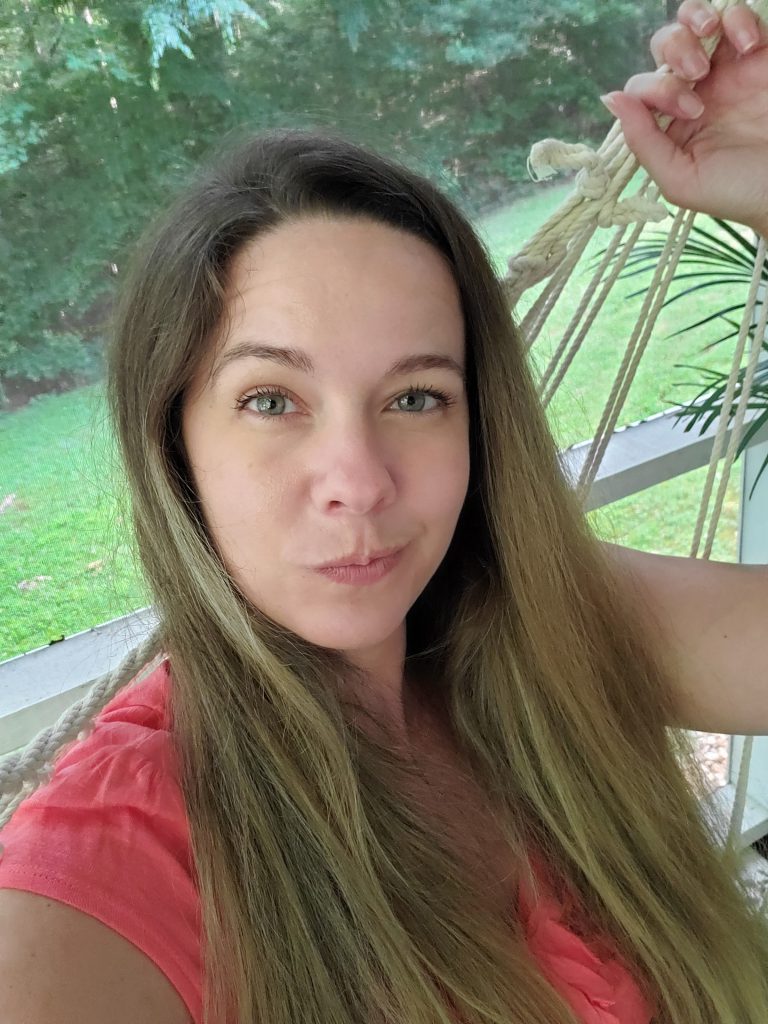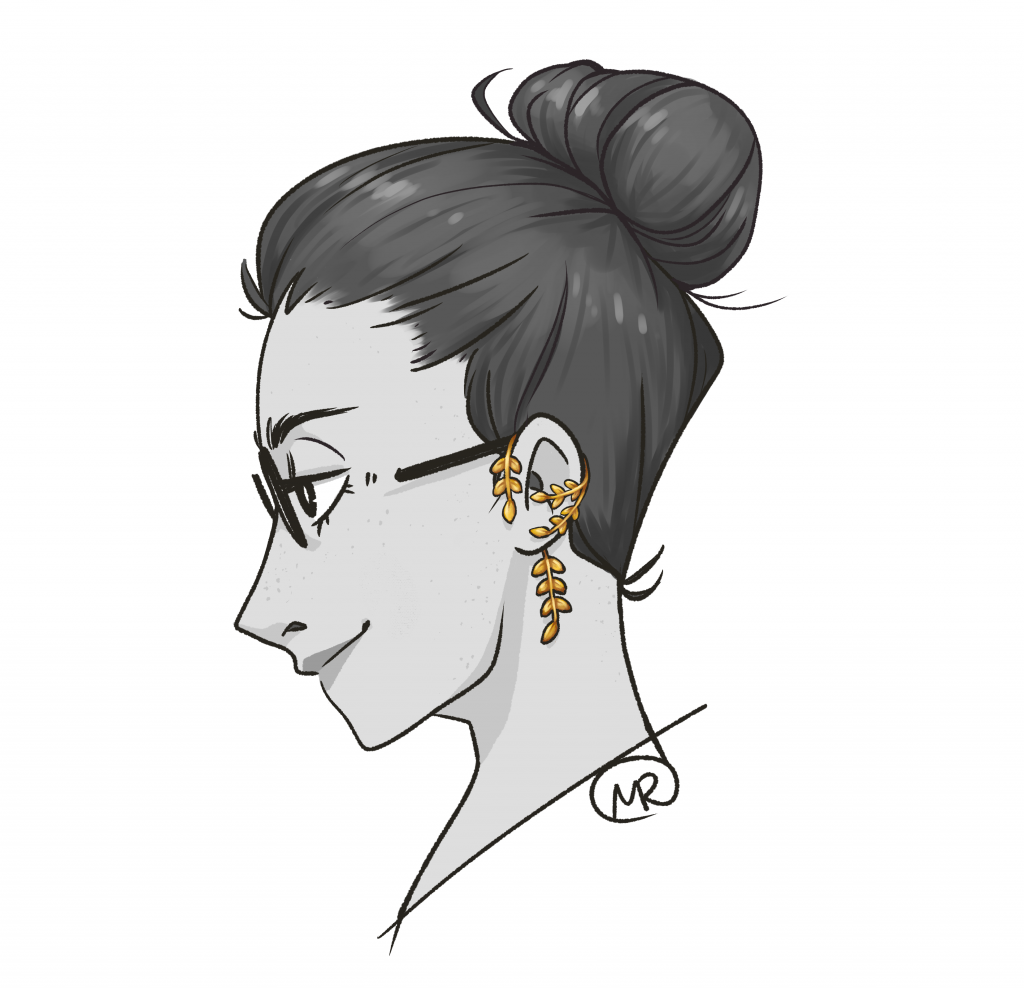edited by David Steffen
Content note (click for details)
This story contains one memory of a homophobic slur, one memory of childhood abuse, the threat of violence to an animal, actual violence by an animal against a human being, and themes of conditioned self-hatred.This bull was not a very good bull, and he had lost a lot of blood already. He was too reluctant to charge one instant, too eager the next, which made him unpredictable. The matador had known many bulls during his decades in the ring, and most of them, more than he had any right to know, were good bulls, some of them very good bulls. A few had been truly exceptional bulls, noble bulls. God’s own beasts, magnificent creatures shaped by His divine hand from the raw materials of strength and speed, grace and purpose.
Shaped from danger, too. One could never entirely escape the horns, not even the greatest matador. Matadors marked the bulls and the bulls marked them. He thought of the dozens of scars he carried as love letters, and he remembered, mostly with affection, every bull who had written such a carta de amor on the pale page of his flesh.
But he was no longer the greatest matador, and this hot afternoon he did not face a very good bull. Strength and speed, yes, but neither grace nor purpose. He would need to be careful. No one, he thought, would remember today’s corrida with much affection.
When he entered the ring for the tercio de muerte, the third and final act of the bullfight, he carried along with the red muleta in his left hand, the estoque de verdad in his right, three feet of perfectly tempered steel so he could end the bull quickly after only a short faena. A few passes, just for show, to please the crowd such as it was, and then his steel blade would conclude the performance mercifully. This would not last ten more minutes. It might not last two.
He kept his body very close to the passing bull, as he always did. Feet planted, back straight, hips turning ever so slightly, never more than absolutely necessary to evade the charge. The dance between man and bull had to be intimate or it was nothing. No longer man and bull, two separate beings, but man-and-bull, one being together, even if that being lasted only seconds. The first set of passes were adequate, the second less so. A few desultory cries of “¡ole!” from the stands, but truly more than the bull deserved. One loud, braying jeer, from a voice that sounded like his father.
On the last pass of the second set, the matador felt the heat of the animal brush against his thigh. For a few seconds, the bull stood panting while the matador taunted him with the red cape. Blood streamed down the bull’s left shoulder as he leapt forward for the third time. His foreleg buckled just before he reached the muleta, and he stumbled. There was no decision by the matador, only reaction, but a lifetime of experience went into that reaction: knowing it was time to finish the fight, seeing that the bull was fading swiftly and the crowd growing restless, recognizing the opening through the shoulder blade to the bull’s heart. A shadow fell around him, as it always did, pushing back the ring and the crowd and everything except a single spot of light that contained himself and the bull.
So. The third pass. The bull stumbled near the matador’s feet. No decision, only reaction. The matador flung his left arm into the air melodramatically–it was important to remove the muleta from the tableau so that the entire crowd could see how close he stepped to the bull–and raised the sword. Which is when the bull lunged upward from his stumble, driving his left horn under the matador’s rib cage and into his heart.
The crowd gasped, but the matador could not.
They stood there, man-and-bull, transfixed, both too surprised, too exhausted, to act for at least a full second. The matador smiled. The clichés about death were wrong. It was not the past that swam before his eyes, but his lost future. The Cuban cigar he would not smoke tonight, nor any of the other future cigars. The bottle of wine he would not sip while the sky drew dark, nor all the other bottles of wine laid up in the cellar that he would never sip. The woman who would be alone tonight, instead of waiting for him in his bed, and all the other women he had yet to meet. The money he would not make, and all the luxuries and showy trinkets that would go unpurchased.
That realization, that sense of loss for all the once-future ornaments of his life, all the pleasures of his life, of a man’s life as he’d been taught to define it, came as a surprise. But he had been courting death since adolescence, and he knew well its shape. So death itself did not come as a surprise. Death did not arrive accompanied by denial or anger, or anything but acceptance. His father had always mocked him for being small, for being weak, for crying when others suffered. When he went to work in the arena to prove himself, his father called him foolish, and predicted he would come to a bad end.
This end didn’t feel so bad.
The bull’s leg buckled a second time, and he shook his head free. The horn came out of the matador’s chest with an audible squelch and a spray of blood. The crowd cried out in dismay, a sound from very far away. The matador felt, for the merest fragment of time, the vast emptiness in his chest, the hole where his heart should be, as he closed his eyes and collapsed on the blood-stained yellow sand of his beloved ring.
He felt the light first, before he saw it. Lambent, soft as warm butter, melting on his skin.
The matador opened his eyes. He found himself not on the clay of the arena, nor on the soft bench of the bullring’s medical office with the resident doctor hovering over him, a cigarette dangling from the corner of his mouth. He was not stretched out on a gurney in the back of an ambulance, swaying from one side to the other as the driver took the corners much too sharply. He was not sedated under the cold, bright lights of a surgical suite, surrounded by the chirping mob of machines and trauma staff. These were all places he had awakened before, after accidents in the ring. After receiving love letters from the bulls.
He had never before awoken on a stone floor. He staggered to his feet.
As best as he could tell, this was an anteroom or porch. The Mediterranean sun, honey thick, flowed through windows set high up in the wall, lending the stone a lightly golden cast, like the sand of the bullring. A long, dark corridor stretched out in front of him.
This didn’t match any vision of hell or heaven the matador had heard of or imagined. Purgatory, perhaps. Given his life, he had expected purgatory no more than he expected heaven. If this was hell, then hell was a more pleasant place than he expected. He went to make the sign of the cross, a reflex, callused fingers tapping his forehead and dropping down to—
A hole occupied the spot where his heart should be.
A tearing wound, no longer bleeding.
His chaquetilla was soaked with blood. He still wore his favorite traje de luces, the lime green taleguilla with lemon piping, the same colors that had been in the threadbare, borrowed suit he wore on the day he killed his first bull. His father mocked the colors on that day, called them girlish, called him a mondrigón, and the matador had worn the same colors ever since. His right hand still gripped, fiercely, his sword.
“Please tell me that you’re here to help him,” a voice pleaded, a woman’s voice, behind him.
He spun and backpedalled to the wall, which he leaned against like a buttress propping up a cathedral. The woman was young and beautiful, with sun-kissed skin and night-blessed hair. A diadem of pearls circled her brow. She wore purple robes, like a priest at Lent. Behind her, a table draped in purple cloth, like an altar during Lent.
If this was purgatory, perhaps he still had a chance to redeem himself.
“I prayed for a warrior to aid Theseus,” she said, her words in a language odd and unfamiliar to his ears, and yet he found he understood. “Please tell me that the gods have answered my prayers.”
The name Theseus tickled his memory, as if it should be familiar to him. But the name didn’t matter. A good torero ignored his own injuries to aid someone hurt worse. The code of the ring, that he had devoted his life to. If Theseus needed aid, the matador would help him. “Where is Theseus?”
“That way, in the house of the noble bull. He left a trail for you to follow.”
The word she spoke was ‘minotaur’, a word that he knew in another sense in his previous life, but here, in this moment, he heard it differently. He understood it differently, as a compound word, ‘mino-’, meaning king, meaning ‘noble’, and ‘-taur’, meaning ‘bull’. That word, ‘minotaur’, the noble bull, arrested his attention.
The matador clung to that word the way a drowning man clung to a thrown rope. If he could face, one last time, a truly noble bull, perhaps everything could still be put right. His second glance at the dark corridor revealed branching passages to either side. He turned back to ask the woman which one to follow but she was gone.
One end of a thread lay on the ground, a single blood-red string leading off into the vast, dark recesses of the palace. A slender crimson line that led him toward some unknown fate. He gathered it as he went, rolling it into a scarlet ball. There could be no going back. The path turned, twisted, lunged ahead, halted, and turned again. The light grew dim, diffuse, and cool. The corridors became a chiaroscuro, a study in black and white, presence and absence, divided and held together by the thinnest of red lines that disappeared behind him.
In a room, and then a hall, and then again in other rooms and halls, stark white bones poked out from piles of tattered, dusty clothes, next to rusted swords. He recognized them as brothers in spirit, matadors who had entered the maze and been found unworthy, unequal to either the beast or the moment. That would not be his fate.
He did not know how much time had passed, but it felt like a lifetime when the thin red thread ended in a small ball, no larger than an acorn, abandoned in a long hallway. The matador nudged it with his toe, and it rolled out to a cut end. He gathered it all up into a single wadded ball that throbbed and pulsed in his hand. Not knowing what else to do with it, he jammed it into the hole in his chest.
Old pain and fresh relief surged through him, like a man shocked back to life with a defibrillator.
An echo in the distance, a snuffling sound, a snort, caught his attention. At the far end of the corridor, numinous light—the sunset, the moonrise?—cast a black shadow across the upper reaches of a whitewashed wall. A pair of horns, sitting atop the head of the tallest bull the matador had ever seen. A truly noble bull.
And there, crouched in the shadows like a rat, hiding behind a thick, immovable wall like a coward, he spied the figure of a man with a sword. A scarlet curtain snapped in front of the matador’s eyes. This was no way to treat a noble bull! Like a thief, like an assassin, leaping out of ambush to stab it in the back. No true torero would do such a thing, only an imposter.
The matador sprinted forward, flinging himself at the imposter as the imposter launched his own attack. The two of them crashed into the minotaur as he rounded the corner. All three tumbled wildly, a tangle of limbs and voices, shock and rage.
“No!” screamed the matador, stabbing, tripping, stabbing, rising, slashing. “That’s not what we do!” Butchery, that’s all it was, ugly, brutal, uncontrolled, like a drunkard’s temper, like his father with the leather belt, beating the weakness out of him. There was no elegance, no grace or purpose. Nothing to cheer or praise. He stopped, ashamed of himself.
The red curtain pulled away and vanished.
At the matador’s feet, a man in a spreading pool of blood, eyes open, a gaping hole in his still chest. The leaf-shaped sword he carried rested between his legs. He looked like a bee, its stinger pulled, lying dead in the cup of a dying rose.
He was so young, too young. A mere boy. And he wore the face of the matador, who recognized his own reflection from the day he entered the bullring, with a chip on his shoulder and everything to prove.
The matador’s sword clattered to the ground, and he kicked it away. He pulled off the chaquetilla, scattering sequins like discarded gems, and draped it across the body on the ground. The corbatin came off his neck, and he tore the seams of his camisa in his haste to rip it from his back. Here, away from the arena, he realized for the first time that he did not have to kill the bull. He could instead, kill the voice that told him the bull must die.
“Thank you,” said a soft voice behind him.
The matador-who-was-no-longer-a-matador spun around to find, behind him, propped up against the wall, a source of wonder. A bull’s majestic head, with its crowning horns, and soft brown eyes, atop the body of a strong, well-muscled man. His torso bore the countless scars from vara, banderillas, and sword. His own cartas de amor from the matadors.
“Are you Theseus?” the matador-who-was-no-longer-a-matador asked.
“No, my name is Asterion. This is my house.”
“Let me help you up. I’m sorry for what that man was about to do to you. He should not have. It was not right.”
“What was he going to do?” The voice was innocent and confused, as baffled by the sudden violence as by its cessation.
“It doesn’t matter now.” Truly, it didn’t. His hands felt small in Asterion’s hands, as he pulled the noble bull to his feet. When Asterion stood over him, the matador-who-was-no-longer-a-matador felt small and helpless, like a boy beside a man.
“There’s a fountain in the courtyard,” Asterion said. “Would you like to go there with me?”
“I would like that very much.”
They walked off together, choosing their own path, unmarked, along corridors where no one else could follow. The matador-who-was-no-longer-a-matador stared at the walls. He had not noticed the elaborate carvings before, nor the statues in niches and corners, nor the tapestries, all depictions of the minotaur. Like some great museum, collected solely for their private pleasure. Whether the art had been here all along, or only appeared just now, he could not say. But when he became too distracted, when he lingered in one spot too long, he felt Asterion’s hand gently tug his, guiding him the rest of the way.
Somewhere along the path, the man and the bull became one, man-and-bull. Just as it happened in the bullring, and not at all as it happened in the bullring.
Man-and-bull passed through an archway and entered a courtyard larger than any arena. At the center, a fountain fell in tiers, lively singing water that pooled at the bottom and overflowed to irrigate a small orchard of trees, lemon and orange and pomegranate, date and fig. The scent of citrus blossoms filled the air. The clear sky above him glittered with all the stars of the universe.
© 2025 by C.C. Finlay
2699 words
Author’s Note: I had been thinking about masculinity and our portrayals of masculinity. As a result, I found myself rereading Hemingway, specifically *Death in the Afternoon*, his non-fiction book on bull-fighting. When Hemingway writes about matadors, he is very much writing about an idealized masculinity, and the way it connects with his thoughts on fear and courage and how to live. For entirely different reasons, I had also recently reread Borges’s “The House of Asterion,” his sad fable about the fate of the Minotaur. In that story, the bull-headed creature is emblematic of both masculinity and gentle innocence. A very different view of the world and the ways we live in it. The connection between the two perspectives was so strong that this story seemed obvious, jumping into my head nearly fully formed, though the ending required a lot of reflection.

C.C. Finlay was the World Fantasy Award-winning editor of The Magazine of Fantasy and Science Fiction from 2014-2021. He’s also the author of four novels, a collection, and dozens of stories. His fiction has been nominated for the Hugo, Nebula, Sturgeon, and Sidewise awards, and has been translated into sixteen languages. He can be lured to his doom with pastries.
If you enjoyed the story you might also want to visit our Support Page, or read the other story offerings.









